8月1日にアップした、”日本の財政破綻を考える”をさらに深堀して、財政を圧迫している歳出項目を纏めてみたので紹介してみたいと思います(G1政策研究所の100の行動のホームページを参考にさせていただきました)。
まずは財政を圧迫している項目のリストアップです。
年金の費用増加
医療費の増加
生活保護費用の増加
介護保険費用の増加
独立行政法人のガバナンスなき税金使途
競争性のない政府調達に関する随意契約
特別会計の際限なき増加
これらは全て財政における歳出の問題点となります。
一方で、経済の低迷により歳入に関してもこの20年で60兆円から40兆円まで落ち込んでいます。そのため税収を上げるなどの歳入方策を取る必要もあるものの、上にあげた歳出の削減をしない限り財政再建はあり得ないのではないかと思います。
そして、歳出を削減するためには、年金支給年齢の引き上げから、医療費の自己負担の増加、生活保護や介護保険は支給額の切り下げなど、いわゆる際限なき削減をするしか方法は残されていないように思えます。
このように財政再建のためにやるべきことは明確ですが、実際に実施するということになると、高齢者や、病人、貧困者など社会的弱者を切り捨てるのかという話に転嫁され、政治家や政党も腰が引けてしまうのも無理はないのかなと考えてしまいます。
それでも、日本の歴史が証明するように、坂本龍馬や長州藩のような変革の志士が現れることを信じています。
私自身も、もっともっと社会問題や政治のことを勉強して、日本を変えてくれる人を探し全力で応援していきたいです。
(English)
In a deeper dive into the “Considering Japan’s Fiscal Collapse,” which we uploaded on August 1, we have compiled a list of spending items that are putting downward pressure on public finances (we have referred to the G1 Policy Institute’s 100 Actions website).
First, here is a list of the items that are putting pressure on public finances.
Increased pension costs
Increase in medical expenses
Increase in welfare costs
Increase in long-term care insurance costs
Use of taxpayer funds without governance by independent administrative agencies
Negotiated contracts for non-competitive government procurement
Endless increase in special accounts
All of these are problems of expenditure in the public finances.
On the other hand, due to the sluggish economy, revenue has fallen from 60 trillion yen to 40 trillion yen over the past 20 years.
Therefore, while it is necessary to take revenue-raising measures such as raising tax revenues, I believe that fiscal reconstruction will not be possible without reducing the expenditures listed above.
And the only way to reduce expenditures seems to be through so-called “endless cuts,” such as raising the pensionable age, increasing co-payments for medical expenses, and cutting the amount of public assistance and long-term care insurance benefits.
Thus, what needs to be done for fiscal rehabilitation is clear, but when it comes to the actual implementation of these measures, the discussion turns to whether the elderly, the sick, the poor, and other socially vulnerable groups will be cut off, and it is not surprising that politicians and political parties are also reluctant to do so.
Nevertheless, as Japanese history has proven, I believe that aspirants for change like Ryoma Sakamoto and the Choshu clan will emerge.
I myself would like to study more and more about social issues and politics, and do my best to find and support those who will change Japan.

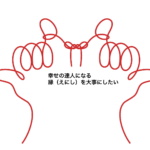

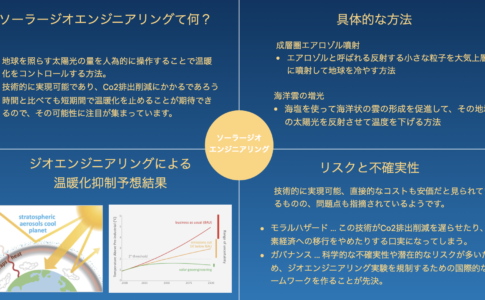
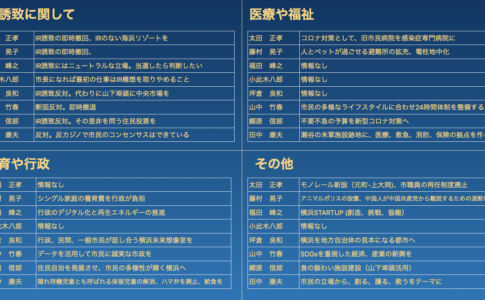

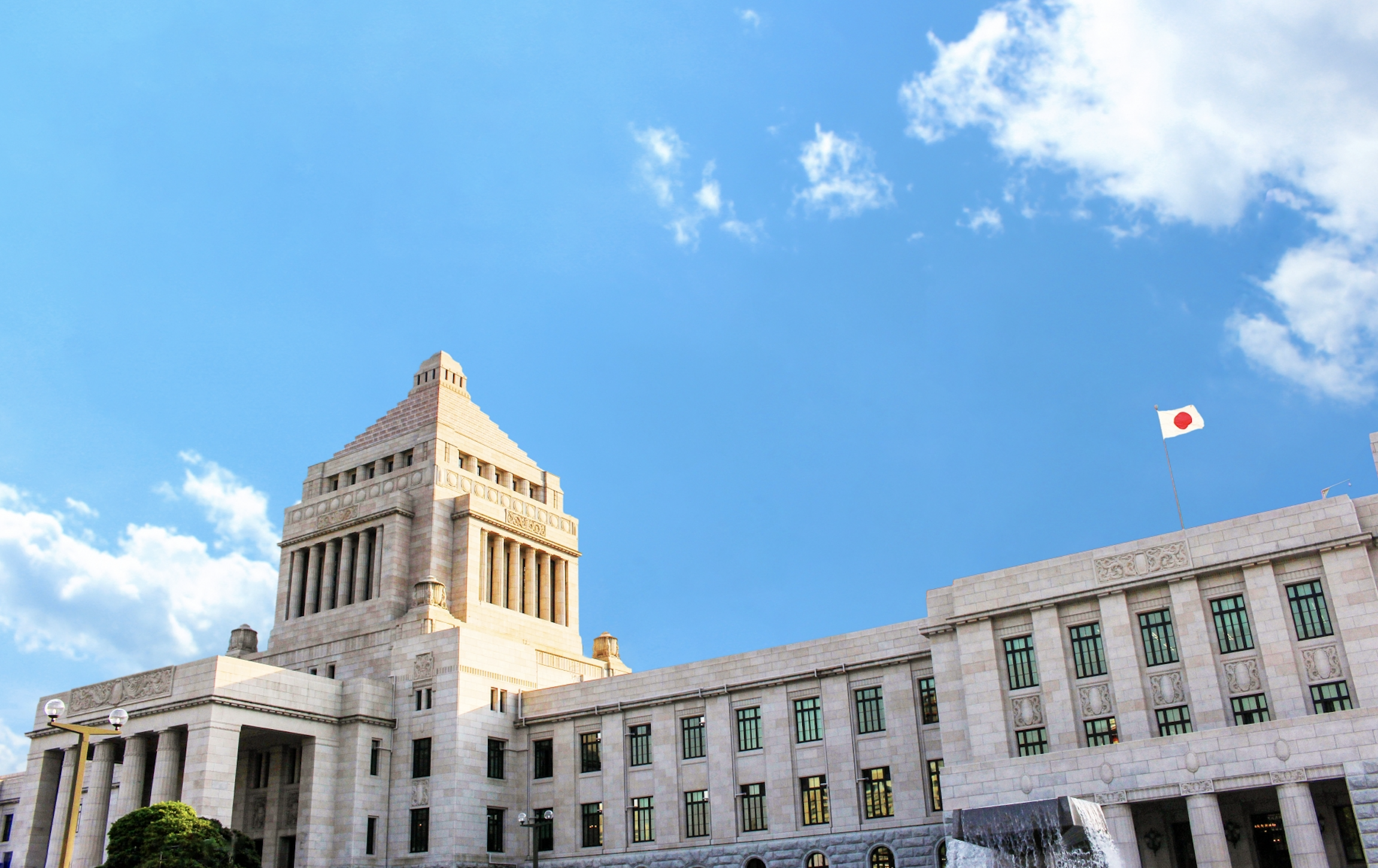


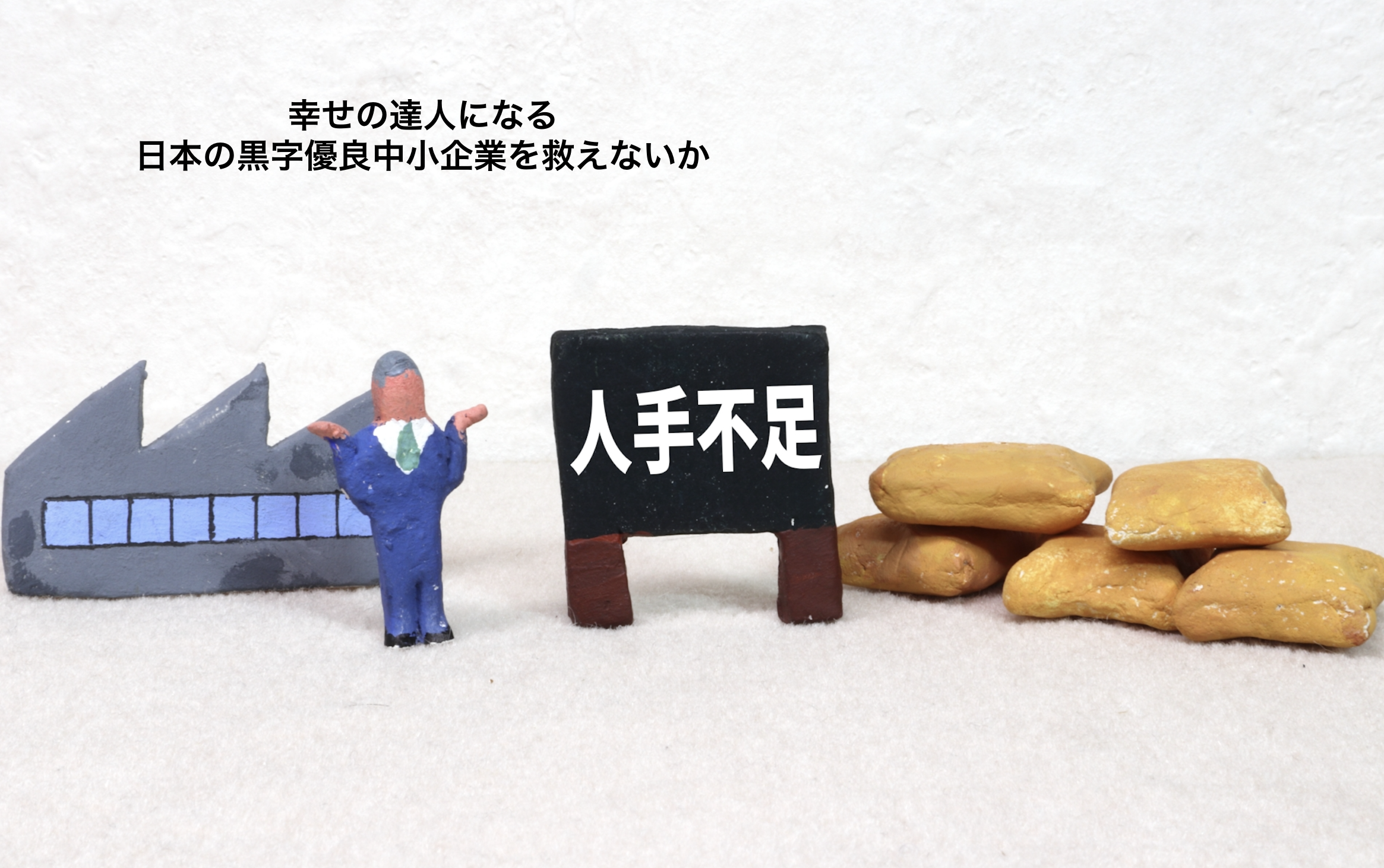


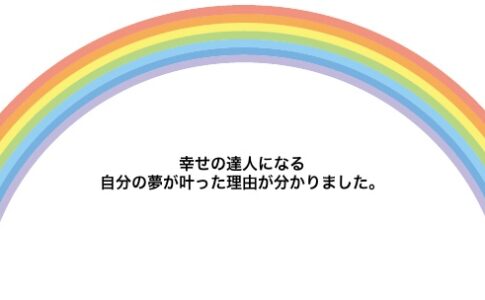
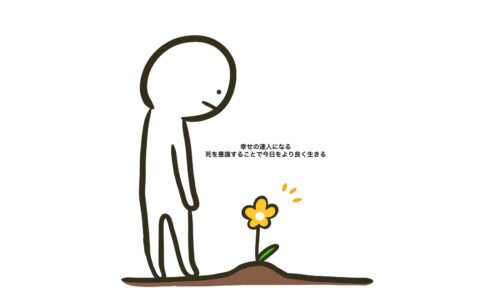


日本が抱える社会問題に対して、問題が大きすぎて自分には関係ないという人任せは辞めて、自分にもできることをやりたい。手始めとして、その問題の責任を負っている政治や官僚のことを勉強していきたいと思います。